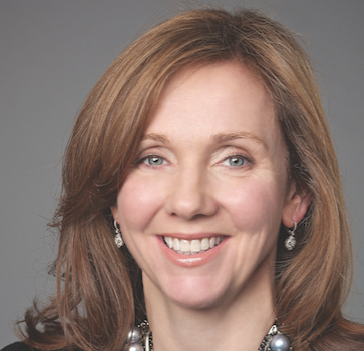Broadcasters need to reset for the future says Free TV’s incoming boss
Media ownership and licence fees changes have been positive for the broadcasting industry, but according to Seven West Media’s outgoing chief of corporate and regulatory affairs Bridget Fair, there are still regulations which are “not fit for purpose for the future”.
Fair said the industry has come to a “terrific landing point” but as she sees it, there is an opportunity for industry body Free TV to reset the future.


